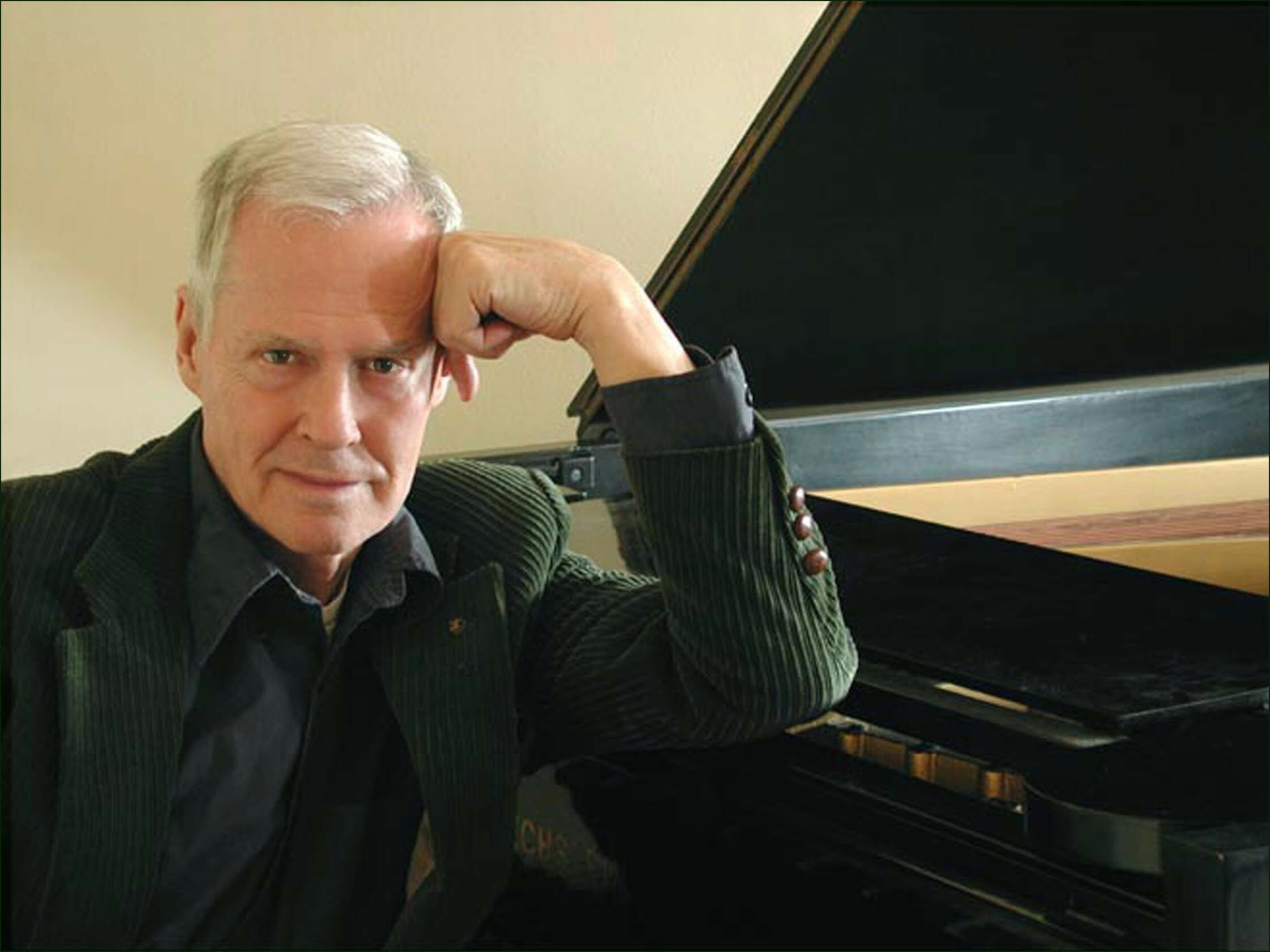Finding Myself in Antarctica
I’M ON A SHIP, a small one built for the rigors of icy seas, not for transporting people comfortably, and so as it rocks and rolls, dips and surges, so does my stomach. We’re riding 25-foot waves, and explosions of salt water are smashing against the small porthole of my cabin. Eventually we get to our destination, where I’m unloaded with the rest of the cargo and a few other people. Here I am, at a station in Antarctica where I’ll be living for a couple of months with a group of scientists and their support staffs.
More



